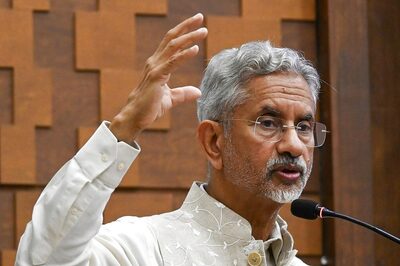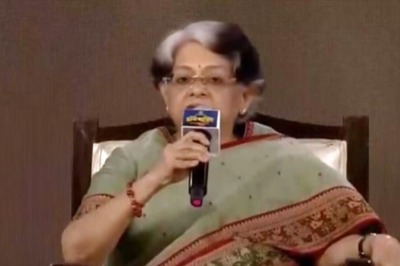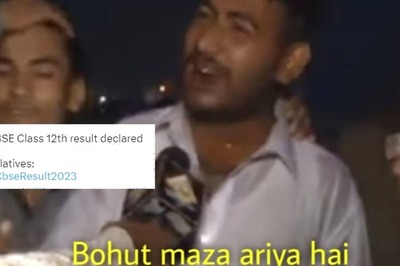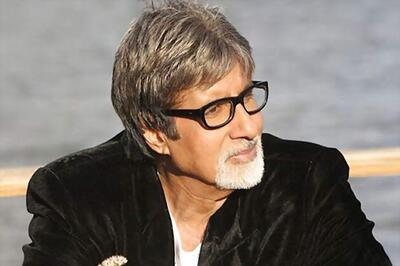
views
New Delhi: Amid concerns being raised by Indian firms over American visa regime, the US on Wednesday said it provides maximum number of visas to Indians than any other country in the world.
"India is the recipient of more visas than any other country in the world. 65-66 per cent of all short-term visas that the US government issues are for Indian citizens," US Under Secretary of Commerce for International Trade Stefan M Selig told reporters here.
He said the US would continue to work with the Indian government to meet the demand for the US visas and "I think we are making a lot of progress on it".
Selig was replying to a question that Indian IT professionals have been hurt by the higher visas fees imposed after the US Border Security Act came into force and whether the US will allow to lapse the Act in September or reinforce it.
He is here to hold discussions with Commerce Secretary Rita Teaotia for the forthcoming meeting of Strategic and Commercial Dialogue next month in Washington.
Time and again domestic IT industry have raised serious concerns over increasing number of visa applications by Indian IT companies being rejected by the US and hike in visa fees.
The US had substantially increased the fees for H1B and L1 categories of visas for applicants which employ more than 50 persons in the US or have more than 50 per cent their employees admitted on non-immigrant visas (the 50:50 rule).
The hike is impacting the bottomline of the USD 60-billion Indian IT industry that sends many highly-skilled Indians to work there. The Indian IT sector earns more than half of its annual revenues from overseas markets, particularly the US.
On India's IPR policy, he said this is in the best interest of India to meet its economic goals and objectives.
On concerns being raised by the Indian pharma industry that the US regulator is discriminating against it, he said: "I frankly have not heard those complaints in the US. The US has a open market where all companies, all countries compete freely and so I am surprised to hear that concern."




















Comments
0 comment